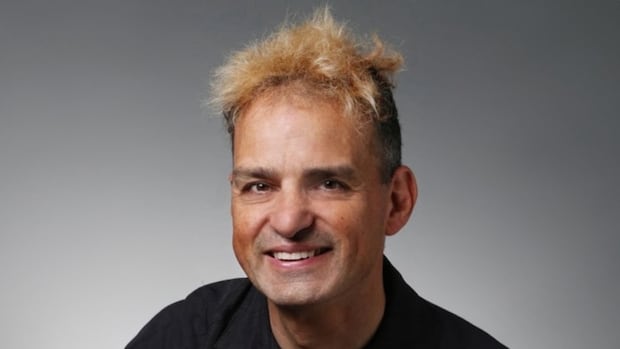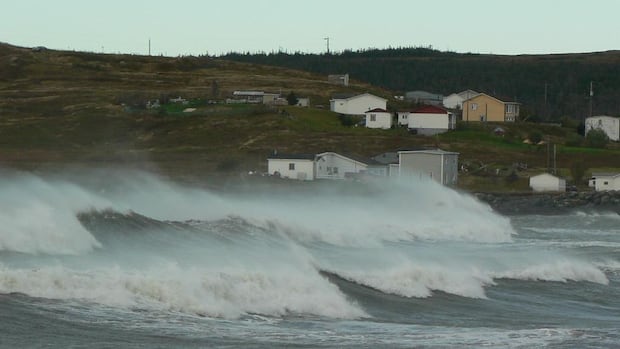Less than a week after Ontario Premier Doug Ford vowed to “start hunting down” scientists who use cats and dogs in medical testing studies, one Ottawa-based researcher says he is shutting down his lab.
“It was enormously scary,” said Carleton University Canada research professor Andy Adler, who closed his project lab at the university on Friday.
“I talked to a number of people in the research ethics office here and I was told that the kind of stuff I’m doing is extremely non-invasive and that I shouldn’t need to worry, but here’s the premier of Ontario threatening to hunt me down,” Adler said. “I was scared.”
Last Tuesday, Premier Doug Ford told a press conference in Windsor that it was unacceptable for canines to be used in cardiac research that was approved by London’s Lawson Research Institute and St. Joseph’s Health Care London.
“I have now directed our team to start hunting down anyone else doing research on dogs or cats,” Ford said. “If you’re doing this with dogs or cats, you gotta stop before I catch you. … We’re going to legislate this … You aren’t gonna be going after animals like that.”
A day earlier, St. Joseph’s said it would immediately end all research involving dogs “following consultations with the province.” Neither the hospital nor the premier’s office responded to CBC News’ questions about whether the province directly ordered the cardiac testing to end.
Adler’s research lab was working on developing improved veterinary monitoring technology, meant to help veterinarians check large animals’ lungs and blood flow during daily surgeries, ensuring that animals remain stable throughout the process.
His lab was creating a new type of stick-on electrode to be used in these scenarios that can reach around animals’ fur, so veterinarians will not need to shave them.
“The dog market is big. There are lots of dogs and lots of dogs get surgery,” Adler said. “There is a big need to have improved instruments to help to do that kind of care better.”
Animal testing at Adler’s lab involved putting typical monitoring jackets and the newly-built electrodes on service animals working at the university, allowing researchers to compare the efficacy. He has done the exact same type of testing on horses, and similar work on dolphins and sea lions, he said.
“This is very non-invasive stuff that we’re doing here at Carleton,” Adler said, adding that he has previously done more invasive testing outside of the school that involved euthanizing dogs.

Still, he said Ford’s statement comes across as all-inclusive.
“The Premier wasn’t just saying, ‘If you are doing something egregious, [you will be hunted down]’, but ‘If you are doing any research at all on cats and dogs, you will be hunted down,'” Adler said. “This is super threatening language and is explicitly intended to cover people like me who are doing very non-invasive work.”
“I’m not taking any chances.”
The premier’s office did not respond to CBC’s questions about whether he plans to end all types of research or dogs and cats, or if there could be exceptions.
St. Joseph’s creating research ‘transition plan’
The scientific director and vice-president of research at Lawson, Lisa Porter, left the organization last week.
St. Joseph’s has refused continuous interview requests from CBC News about its canine testing research and specifics on why it ended the program.
In a statement sent to staff and media on Thursday, the hospital said it is “working on a transition plan to minimize the impact on our researchers and their work, which has resulted in major strides in cardiac care and treatment.”
The statement also said St. Joseph’s plans to appoint an independent third party to review its animal-based research and is now turning its attention to in-hospital safety.
“In the coming weeks, we will continue to focus on the safety and security of our staff, physicians, researchers, patients, residents and visitors,” the statement said.

The hospital has refused to answer CBC’s questions about whether researchers or staff have received threats and if the hospital has hired any additional security over the last week for this reason.
Higher risks for young researchers
Adler said on the day he shut down his lab, he destroyed all documents that could identify the student researchers who were part of his canine trials, with both their safety and careers in mind.
“If I’m going to be hunted down for my crimes, I intend to do it alone,” he said, adding that the Premier’s comments could impact other Masters-level researchers around the province.
“Imagine a student who’s put four years into their PhD and is reluctant to publish a thesis that would name them by name,” Adler said. “Their enthusiasm for their work is now tempered by the threat.”
Adler said that he plans to move testing for his project outside of Ontario, and potentially out of the country, in order to continue developing the important new technology.
“Vets have much less technology available to them than human doctors, and they’re hungrier for innovation,” he said.







